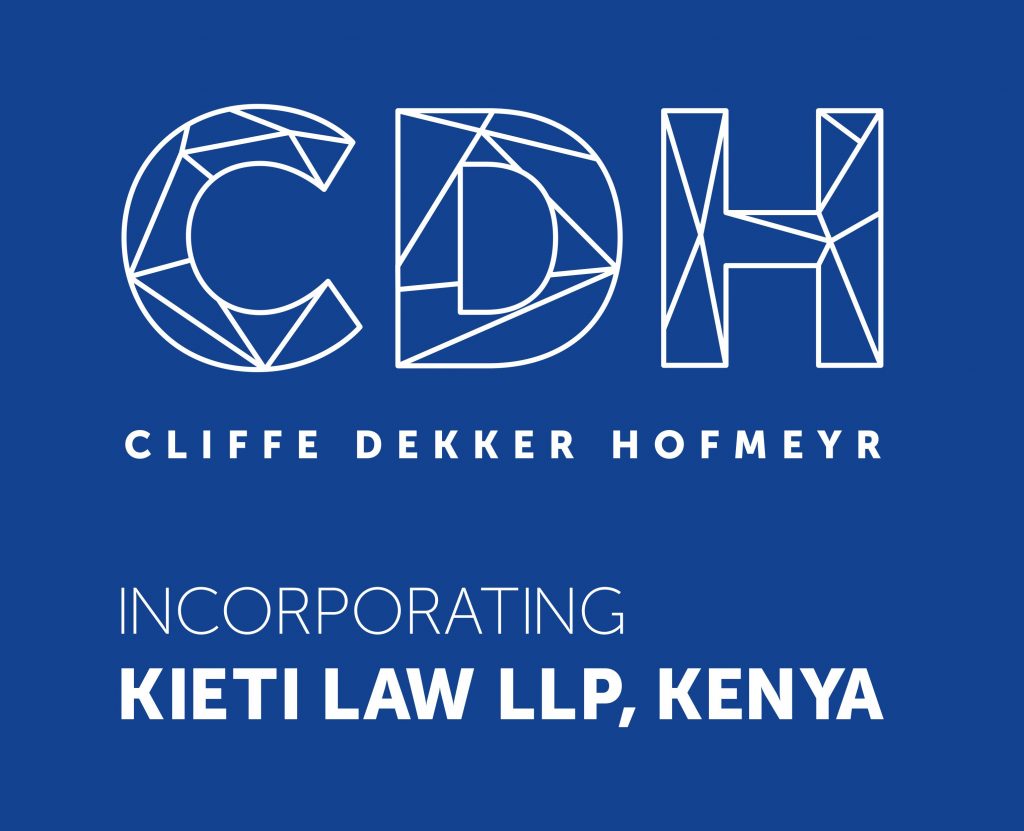

One of the cornerstones of South Africa’s corporate law is the separate legal existence of companies, which provides, generally, protection to its directors and shareholders against personal liability for a company’s debts and also makes a distinction between companies forming part of the same group of companies.
However, sometimes, through the unlawful actions of shareholders and directors, it is necessary for our courts to look behind the separate legal entity companies in a group and treat such group companies as one legal entity.
Centaur Mining South Africa (Pty) Ltd v Cloete Murray N.O. and Others [2022] centres around the extent of judicial discretion as it pertains to individuals using companies to conduct fraudulent conduct and how our courts exercise their discretion to, as it is traditionally called, pierce the corporate veil. The matter further dealt with how a court will approach an appeal of a composite winding up order.
Defining juristic personalities
Centaur Mining South Africa (Pty) Ltd (CMSA) brought an appeal to the Supreme Court of Appeal (SCA), against a decision by Wepener J, who had made a declaratory order that the incorporation of the Trillian group of companies, including Trillian Capital Partners (Pty) Ltd (TCP) and Trillian Management Consulting Pty Ltd (TMC) amongst others (collectively, the Trillian entities), constituted an abuse of the separate juristic personality of the Trillian entities. The court a quo ordered that TMC and its subject companies must collapse into TMC, and become one single, consolidated entity. TCP had gone into liquidation, and as a result, this consolidation places its subsidiaries in liquidation too.
Mr Wood, the sole director of TCP prior to it being liquidated had failed to submit tax returns in respect of the Trillian entities and treated the Trillian entities under his control as mere extensions of himself. Moreover, Wood had been receiving funds from state-owned entities, and channelled them into the various Trillian entities through fictitious invoices, fraudulently misrepresenting a legitimate causa to extract funds out of a Trillian entity into another. Ultimately, it was found that TMC was indebted to the South African Revenue Service (SARS) in an amount in excess of R460 million. Considering the serious allegation levelled against Wood and some of the Trillian companies, SARS brought a preservation application contemplated by section 163 of the Tax Administration Act 28 of 2011 and the late Mr Cloete Murray was appointed as the curator in terms of the order.
Pursuant to investigations, it was found that more than R834 million was paid to the various Trillion entities. A chartered accountant and forensic auditor had noted that the affairs of the Trillian entities were intermingled to such an extent that it was not possible to investigate them individually, as they were being managed as a single economic entity.
TMC was ultimately liquidated by one of its major creditors.

Image By; Canva
Section 20(9)
The liquidator proceeded to bring an application against inter alia the remainder of the Trillian entities, seeking relief in terms of section 20(9) of the Companies Act 71 of 2008 (Companies Act).
Section 20(9) reads:
“If, on application by an interested person or in any proceedings in which a company is involved, a court finds that the incorporation of the company, any use of the company, or any act by or on behalf of the company, constitutes an unconscionable abuse of the juristic personality of the company as a separate entity, the court may:
declare that the company is to be deemed not to be a juristic person in respect of any right, obligation, or liability of the company or of a shareholder of the company or, in the case of a non-profit company, a member of the company, or of another person specified in the declaration; and
make any further order that the court considers appropriate to give effect to a declaration contemplated in paragraph (a).”
Section 20(9) did not abolish or replace the common law. It supplements the common law and does not establish a defined set of circumstances in which a court may disregard the separate legal personality of a company.
None of the respondents opposed the section 20(9) application and the court granted an order inter alia to the effect that all the Trillian entities are (i) deemed not to be separate juristic persons in respect of any right, obligation or liability of those companies or of a shareholder of the subject companies; (ii) collapsed into TMC and the remainder of the Trillian entities and TMC shall henceforth exist as a single entity by ignoring their separate legal existence as contemplated by section 20(9) read with section 22 of the Companies Act; and (iii) the effective date of the commencement of the remainder of the Trillian entities’ liquidation proceedings is the date upon which TMC was placed in liquidation.
The liquidators proceeded to institute an action against CMSA on the grounds that certain amounts repaid by Trillian Shared Services (Pty) Ltd and Trillian Financial Advisory (Pty) Ltd to CMSA pursuant to loan agreements constitute voidable dispositions as contemplated in subsections 21, 29 or 31 of the Insolvency Act 24 of 1936, and for such payments to be set aside and repaid to the liquidators for the benefit of the creditors of the Trillian companies in liquidation.
None of the respondents opposed the section 20(9) application and the court granted an order inter alia to the effect that all the Trillian entities are (i) deemed not to be separate juristic persons in respect of any right, obligation or liability of those companies or of a shareholder of the subject companies; (ii) collapsed into TMC and the remainder of the Trillian entities and TMC shall henceforth exist as a single entity by ignoring their separate legal existence as contemplated by section 20(9) read with section 22 of the Companies Act; and (iii) the effective date of the commencement of the remainder of the Trillian entities’ liquidation proceedings is the date upon which TMC was placed in liquidation.
The liquidators proceeded to institute an action against CMSA on the grounds that certain amounts repaid by Trillian Shared Services (Pty) Ltd and Trillian Financial Advisory (Pty) Ltd to CMSA pursuant to loan agreements constitute voidable dispositions as contemplated in subsections 21, 29 or 31 of the Insolvency Act 24 of 1936, and for such payments to be set aside and repaid to the liquidators for the benefit of the creditors of the Trillian companies in liquidation.
High Court application and appeal
This prompted CMSA to launch an application in the High Court seeking an order that the section 20(9) order “be rescinded and set aside” on the basis that it was erroneous and incompetent for the High Court to grant an order collapsing the remaining Trillian entities into TMC (in liquidation) and to place them under a composite winding-up with TMC.
After considering the argument of the respective parties, the SCA emphasised that section 20(9) of the Companies Act affords the court the very widest powers to grant any consequential relief. In particular, the provision asserts that if, on application by an interested person, a court finds that a company’s incorporation, use or actions constitute an unconscionable abuse of the juristic personality of the company as a separate entity, the court is entitled to declare that the company is to be deemed not to be a juristic person in respect of any right, obligation, or liability of the company or of a shareholder of the company or, in the case of a non-profit company, a member of the company, or of another person specified in the declaration and make any further order that the court considers appropriate to give effect to such a declaration.
It further confirmed the statement made by the court a quo that:
“It would be untenable that a main fraudster can be liquidated and that when the co-conspirators are discovered and found to be holding the assets and being solvent, that the court would not exercise the powers in terms of s 20(9), as it happened in this matter.”
In conclusion, the SCA dismissed the appeal and with its judgment provided encouragement to creditors that unscrupulous conduct by shareholders and directors may no longer be hidden behind the protection of separate legal personalities of inter-group companies.
In Summary
- Centaur Mining South Africa (Pty) Ltd v Cloete Murray N.O. and Others [2022] centres around the extent of judicial discretion to pierce the corporate veil.
- In this matter the Supreme Court of Appeal emphasised that section 20(9) of the Companies Act 71 of 2008 affords the court the very widest powers to grant any consequential relief.
- In particular, the provision asserts that if a court finds that a company’s incorporation, use or actions constitutes an unconscionable abuse of the juristic personality of the company as a separate entity, the court is entitled to declare that the company is to be deemed not to be a juristic person in respect of any right, obligation, or liability of the company or of a shareholder of the company.
Lucinde Rhoodie is a Director at CDH Attorneys
Dipuo Titipana is an Associate at CDH Attorneys




